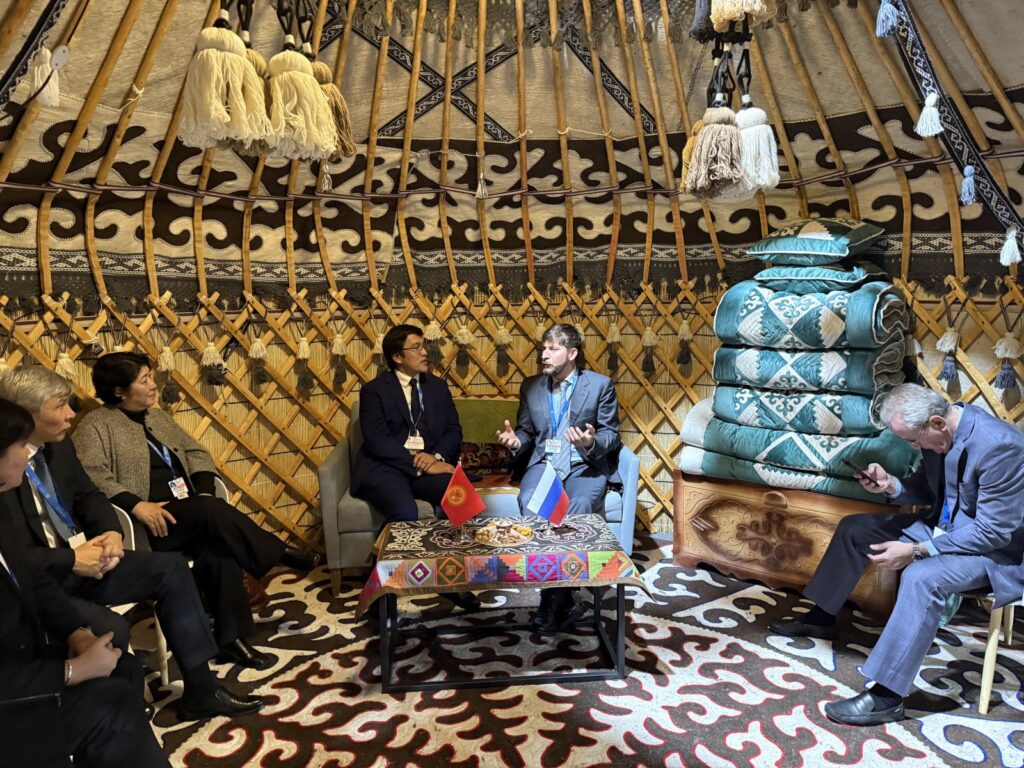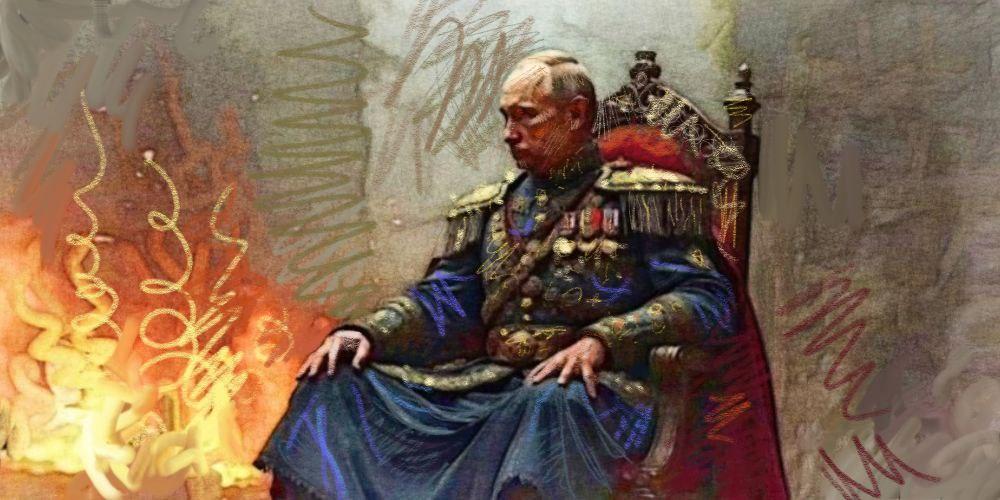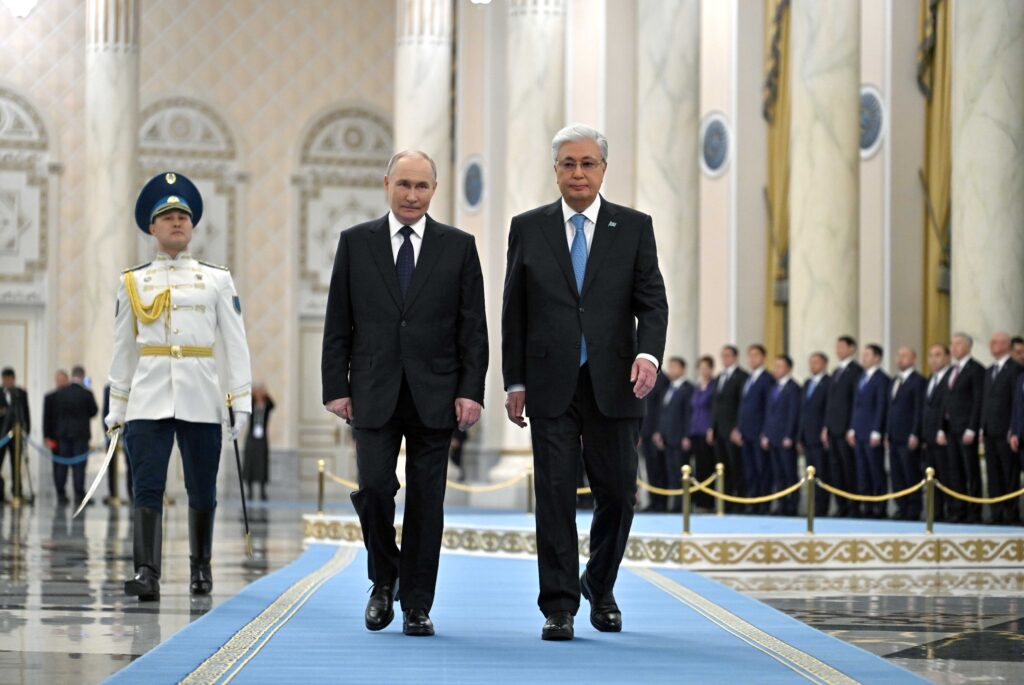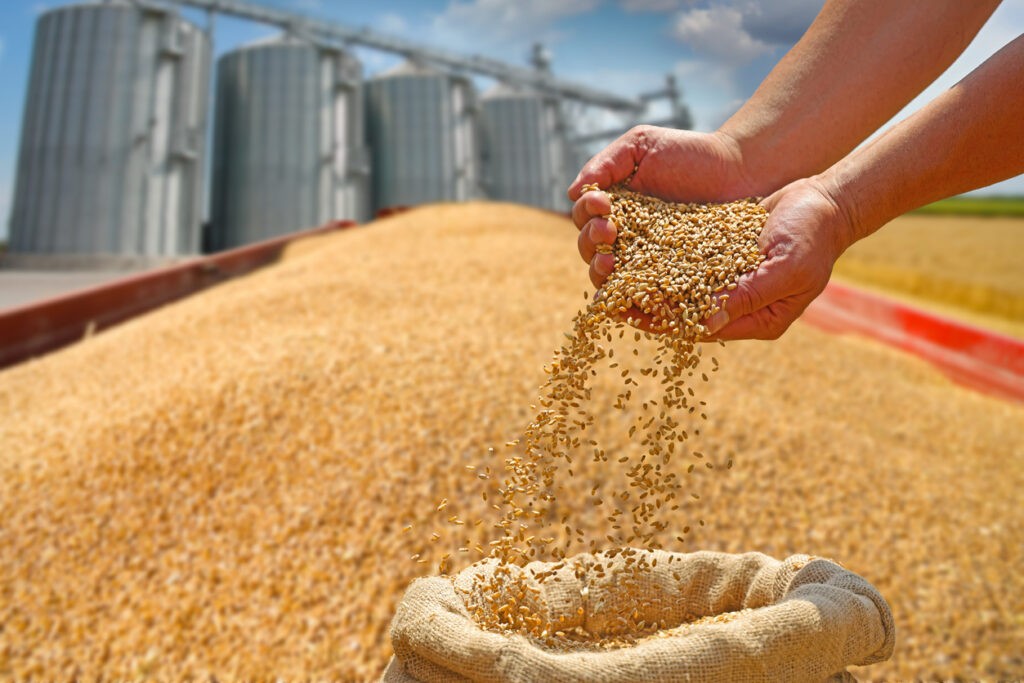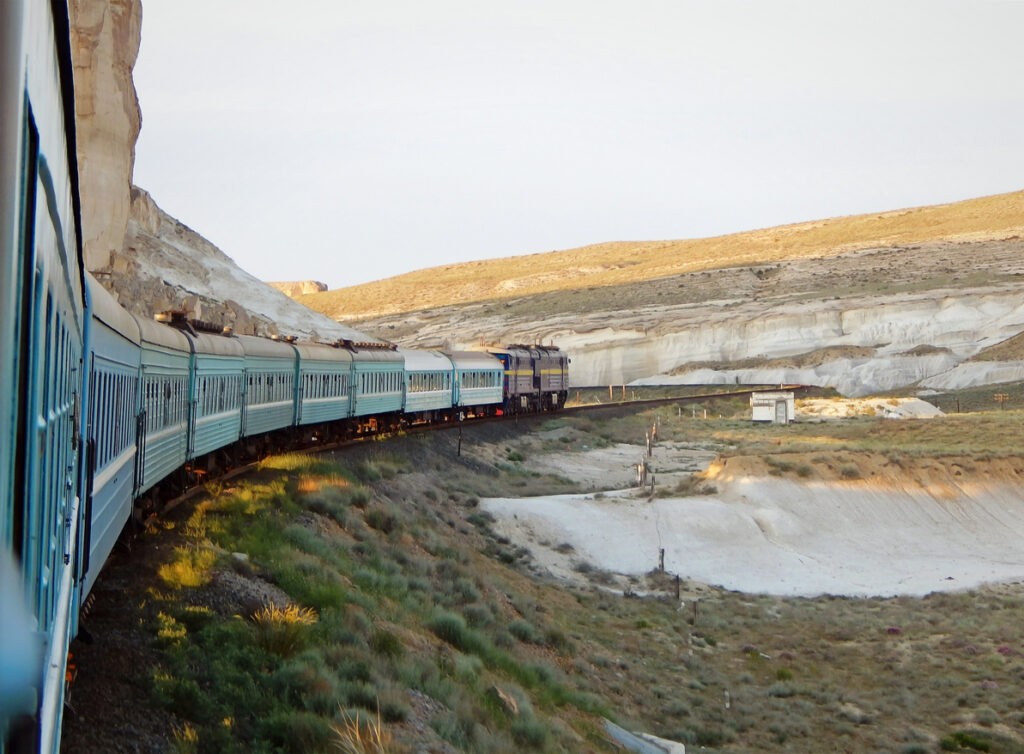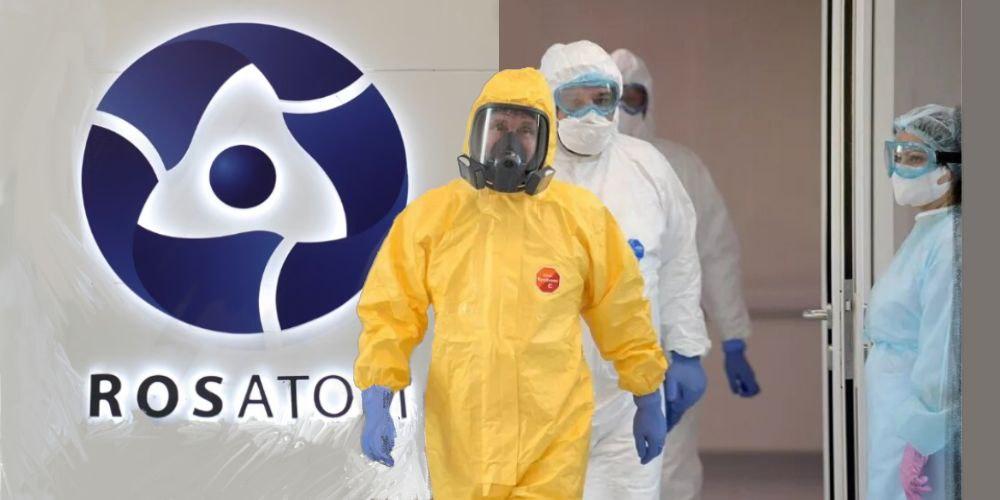Kyrgyzstan Criticizes Russia’s Approach to Migration
Edil Baisalov, Deputy Chairman of Kyrgyzstan’s Cabinet of Ministers, voiced frustration over Russia’s approach to labor migration during an interview with Russian media. He criticized Moscow for failing to fully honor the principle of free movement of labor within the Eurasian Economic Union (EAEU), of which Kyrgyzstan is a member. “Free movement of labor resources is one of the principles of the Eurasian Economic Union. Our fundamental documents state that we have access to the labor market on the same basis as citizens of any member state. Thousands of Russians work for us on the same terms as Kyrgyz,” Baisalov stated. Despite these agreements, he claimed that Kyrgyz workers often face restrictions and criticisms in Russia akin to those applied to migrants from non-EAEU countries. “People, including seasonal workers, may stay for weeks or months. Some have relocated to Russia with their families and work as doctors, teachers, scientists, and professors. Our migrants significantly contribute to various sectors of Russia’s modern economy, particularly in the service industry—hotels, cafes, and more. Every penny earned by Kyrgyz migrants in the Russian Federation comes at the cost of incredible effort,” he said. Baisalov highlighted that these challenges are prompting Kyrgyz labor migrants to seek opportunities in other nations, such as South Korea, Japan, the UAE, Turkey, and EU countries. “Tens of thousands of our women have found their calling in Italy, where elderly care is in high demand. It turns out there’s no better choice than our caregivers and nannies. We even opened an embassy in Italy because nearly 30,000 Kyrgyz citizens reside in Naples and on the island of Sardinia,” he explained. In light of these trends, the Kyrgyz government has pledged to create 250,000 new jobs within the country in the coming year. A campaign is also underway to encourage citizens working abroad to return home.
